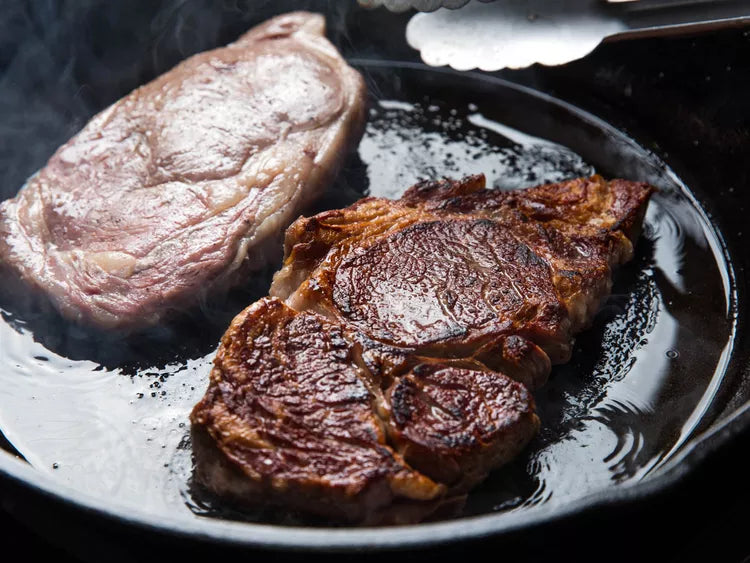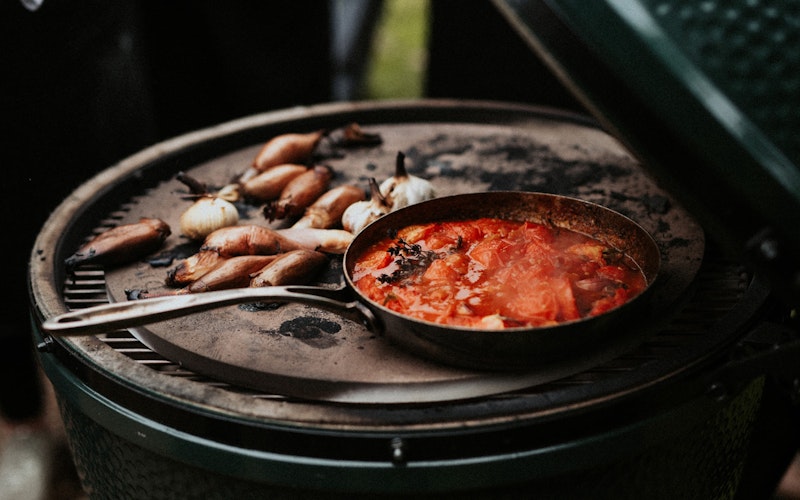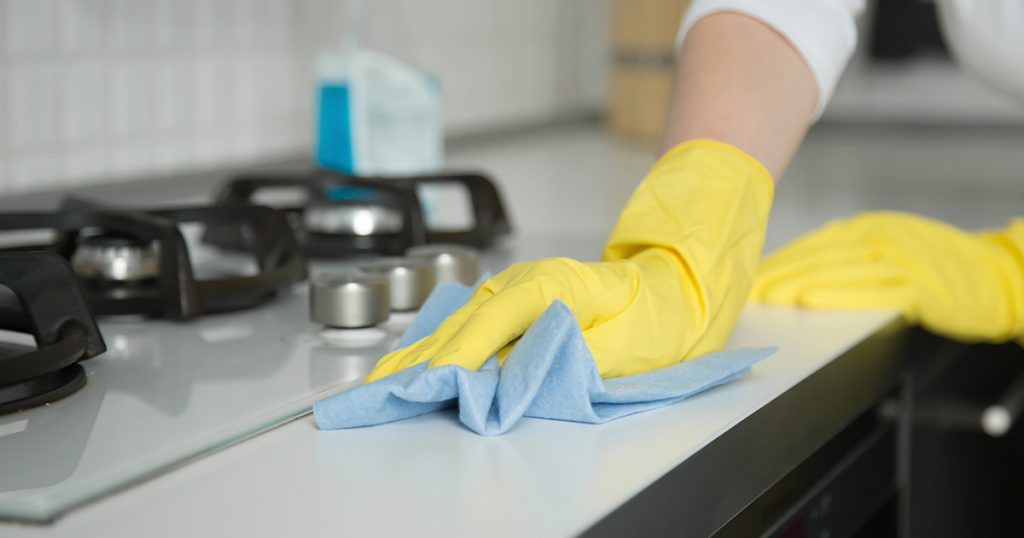As a kitchen professional, you know that seasoning your cast iron cookware is essential. But what temp to season cast iron with olive oil? Knowing the right temperature can affect the final result of your skillet or pan. The flavor, texture, and longevity of your cookware hinge on this crucial step. In this article, we will delve into the optimal temperatures, methods, and tips for seasoning cast iron with olive oil, ensuring that your culinary tools are at their very best.
First, let's address an important principle: the seasoning process involves applying a thin layer of fatsuch as olive oilto the cast iron, then heating it to a point where it polymerizes and forms a natural non-stick surface. It's an art and a science rolled into one.

The Importance of Seasoning Cast Iron
Seasoning not only protects your cast iron from rust but also creates a naturally non-stick surface that enhances cooking results. Each time you cook with your cast iron, the seasoning improves, making it a culinary treasure that gets better with age.
Choosing the Right Temperature
When considering what temp to season cast iron with olive oil, the best range is typically between 400F and 450F. Heres a quick breakdown of what happens at different temperatures:
- Under 350F: The oil does not reach its smoke point, leading to insufficient polymerization.
- 350F to 400F: This is generally effective, but not optimal for extending the lifespan of your seasoning.
- 400F to 450F: This range allows the oil to polymerize effectively, creating a strong bond with the cookware.
- Above 450F: Your oil may start to smoke, and this can lead to an unpleasant flavor and potential damage to the seasoning.
How to Season Cast Iron with Olive Oil
Now that you know the correct temperature, heres a step-by-step guide to ensure you achieve the best results:
- Preheat your oven to a temperature between 400F and 450F.
- Clean the cast iron thoroughly. You can use warm water and a sponge or a gentle brush to remove any food residue.
- Dry the cast iron completely to prevent any moisture from leading to rust.
- Apply a thin layer of olive oil to the entire surface of the cookware. Be sure to wipe away any excess oil with a paper towel.
- Place the seasoned cookware upside down in the preheated oven. This prevents oil from pooling in the pan.
- Bake the cast iron for at least one hour, allowing the oil to polymerize and create that all-important non-stick layer.
- After an hour, turn off the oven and let the cast iron cool down naturally inside.
This method, ensured through high temperatures, significantly enhances the seasoning.
Things to Keep in Mind About Seasoning
While seasoning with olive oil is highly effective, there are a few things you should keep in mind to maintain the integrity of your cookware:
- Always clean the cast iron after each use. Avoid using soap; instead, opt for hot water and a brush.
- Periodically check your seasoning. If you notice it flaking or if your food starts to stick, its time to re-season.
- Store your cast iron in a dry place to prevent moisture from causing rust.
Common Problems When Seasoning Cast Iron
Even experienced cooks can encounter issues with seasoning. Here are some common problems and their solutions:
- Uneven Seasoning: Ensure that you apply the oil evenly and in a thin layer to avoid any sticky residues.
- Flaking: If your seasoning is flaking, you might need to strip it down and start the seasoning process again.
- Pitting or Rust: Make sure to dry your cast iron thoroughly after washing to avoid moisture-related issues.
Conclusion
In summary, knowing what temp to season cast iron with olive oil is vital for any culinary professional who values the integrity of their cookware. With the right temperature, methods, and maintenance tips, your cast iron will serve you well for years to come.
For more information, check out this Wikipedia article on seasoning cookware. Happy cooking!
:max_bytes(150000):strip_icc():format(webp)/__opt__aboutcom__coeus__resources__content_migration__serious_eats__seriouseats.com__images__2016__09__20160817-cast-iron-pan-vicky-wasik-collage-1500x1125-a15711a84a054cca9268b8ddda1e5dd2.jpg)
FAQs
1. Can I use other oils for seasoning my cast iron?
Yes, other oils can be used, but olive oil is favored for its flavor and performance at high temperatures.
2. How often should I season my cast iron?
Seasoning frequency depends on use. Regularly used cast iron should be seasoned every few months.
3. What should I do if my cast iron pan is rusted?
Rust can be removed by scrubbing with a steel wool pad and then re-seasoning the pan afterward.
This article contains affiliate links. We may earn a commission at no extra cost to you.






Leave a comment
This site is protected by hCaptcha and the hCaptcha Privacy Policy and Terms of Service apply.